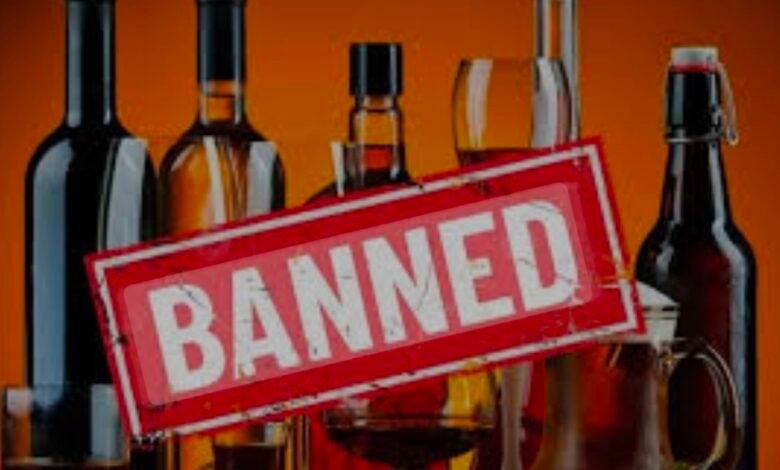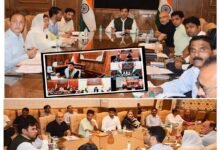If Liquor Can be Banned in Modi’s Gujurat, Why Not in Kashmir?

Srinagar, Feb 16, The idea of a complete liquor ban in Jammu and Kashmir has been a topic of debate for years, but in reality, such a ban remains more of a myth than a serious policy consideration. While states like Gujarat, Mizoram, and Nagaland have prohibited alcohol, successive governments in Jammu and Kashmir have been reluctant to follow suit. Instead, many political leaders justify the presence of liquor in the region by drawing comparisons with European countries and some Arab nations where alcohol is regulated rather than outright banned.
Records from the Legislative Assembly of Jammu and Kashmir, accessed by Kashmir News Trust, reveal that former Finance Minister Abdul Rahim Rather had strongly opposed a liquor ban in the region, arguing that such a move would negatively impact the economy. His stance raises an important question—does Kashmir truly rely on liquor revenue for its financial stability, or is this merely an excuse to avoid confronting the social consequences of alcohol consumption?
One of the primary reasons politicians hesitate to impose a ban is the substantial revenue generated from alcohol sales. The excise duty on liquor contributes a significant amount to the state’s economy, and at a time when Jammu and Kashmir is facing financial constraints, cutting off this source of income is seen as impractical. Prohibition in other Indian states has often led to illegal liquor trade, creating a black market that is difficult to control, which further strengthens the argument against a ban.
Another factor that influences this decision is tourism and commercial interests. While many in the tourism industry support a liquor ban to promote ethical and family-friendly tourism, others believe that alcohol availability caters to a certain segment of visitors. The hospitality sector, particularly high-end hotels and restaurants, benefits from liquor sales, and some policymakers fear that banning alcohol could discourage a section of domestic and international tourists.
Opponents of the ban also cite the failures of prohibition in other states. In Gujarat, where alcohol has been banned for decades, illegal liquor trade continues to thrive. Similar issues have been observed in Bihar and Nagaland, where prohibition has led to increased smuggling and black-market operations rather than eradicating alcohol consumption. This has led many in power to argue that a liquor ban would create more governance challenges than solutions.
Politics and vote-bank considerations also play a significant role in the reluctance to impose a ban. Liquor prohibition is a sensitive issue that divides public opinion, and political parties often avoid taking a clear stance for fear of alienating sections of their voter base. Some leaders choose to maintain the status quo rather than risk upsetting business communities involved in the liquor trade or sections of society that do not favor a ban.
Beyond political calculations, the influence of the alcohol industry itself cannot be ignored. The liquor trade is backed by powerful lobbies that exert significant pressure on policymakers. Across India, alcohol manufacturers and distributors have successfully argued that liquor sales boost state revenue and employment, making it difficult for governments to take strong action. In Jammu and Kashmir, similar economic arguments are used to resist calls for prohibition.
The debate over banning liquor in Jammu and Kashmir is ultimately a clash between social ethics and economic realities. On one hand, those advocating for a ban argue that alcohol consumption contradicts the cultural and religious values of the region and contributes to social problems. On the other, opponents emphasize the economic impact and governance challenges associated with prohibition. The fundamental question remains whether the government should prioritize social well-being over financial concerns or seek a middle ground by enforcing stricter regulations without an outright ban.





